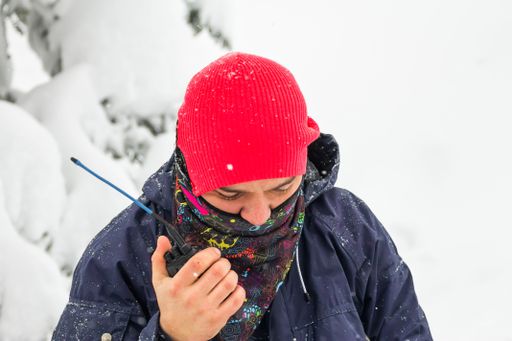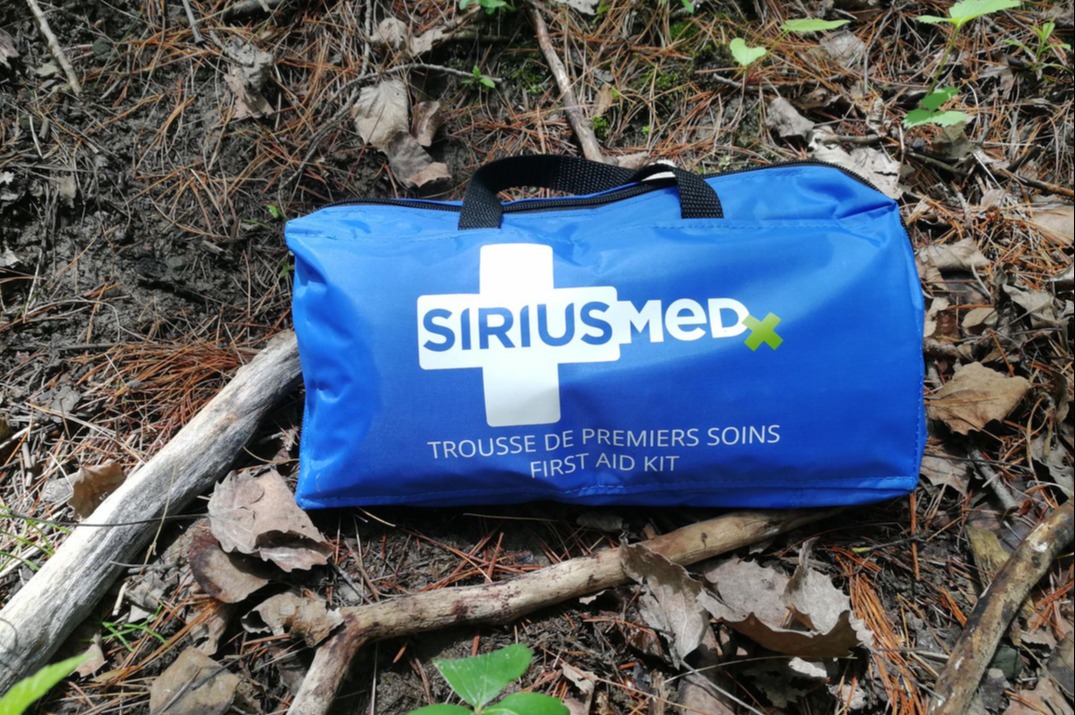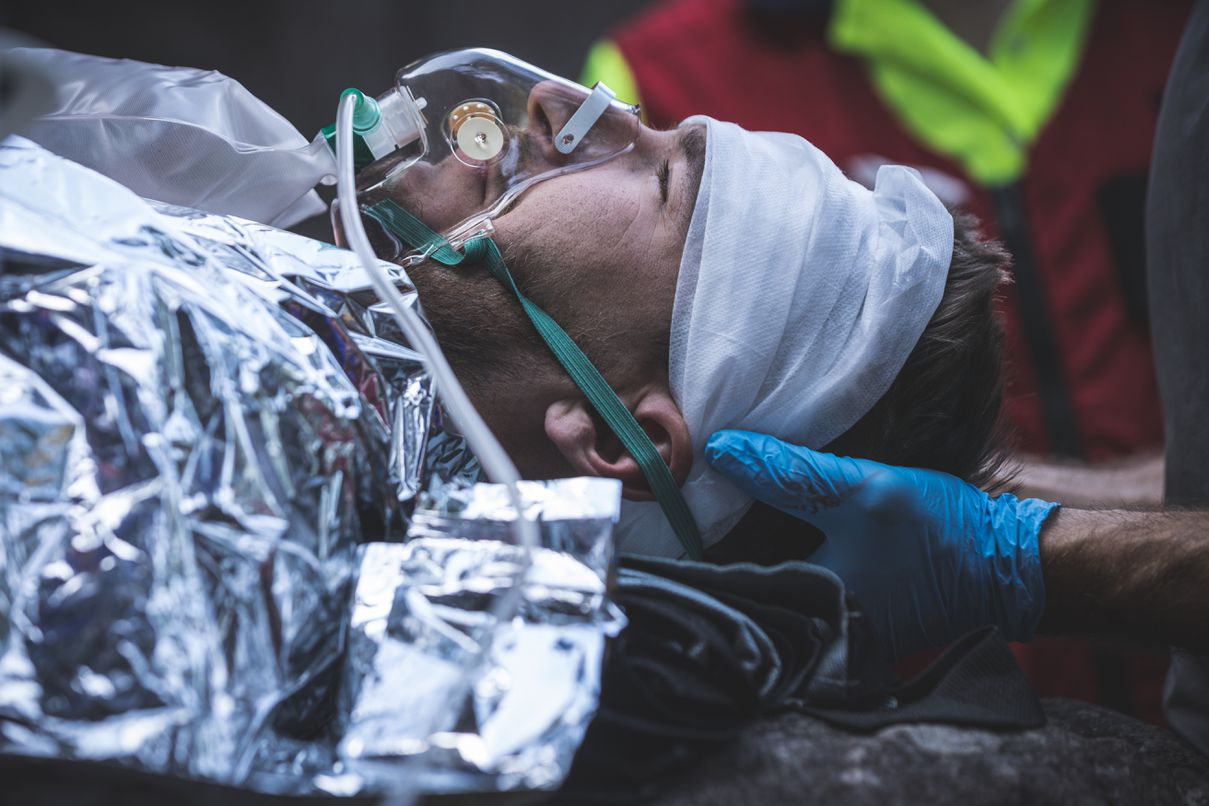Going on a trip to a remote area can be an incredibly rewarding experience, but it requires careful preparation to ensure the safety and comfort of participants. Here are some tips for preparing for a remote outdoor trip.

Before you leave:
- 1. Research the area:
- It is important to be familiar with the area you will be traveling to. Look for information on weather conditions, natural hazards and wildlife in the area. Also, make sure you know where drinking water sources and permitted camping areas are located.
2. Prepare the material:- - Prepare your equipment according to the weather, the activity, and the duration;
- Take a guide map, topographic maps, and a GPS and download the route; - - Bring a first aid kit, a repair kit, a whistle and a headlamp, a pocket knife and a lighter.
3. Check the equipment: - It is important to ensure that all equipment is in good condition before you leave. Make sure the tent is waterproof, sleeping bags are warm enough for the weather, stoves are working properly and there is enough food and water for the entire trip.
- 4. Provide appropriate clothing:
- In remote areas, weather conditions can change quickly. Make sure you have appropriate clothing for all weather conditions, including waterproof clothing, warm clothing for the night and breathable clothing for hot days.
- 5. Establish a contingency plan:
- It is important to have an emergency plan in case something goes wrong. Make sure that everyone in the group knows the emergency plan and how to react in case of need. It is also a good idea to let someone close to you know exactly where you are going, the date and time of your planned return, and when to call for help in case something goes wrong.
6. Prepare physically and technically:
Trips to remote areas can be physically demanding. Make sure you are fit and trained for the trip, especially if you plan to hike or climb.
Make sure that each participant knows the risks inherent to the activity and that he/she masters the techniques of the activity according to the degree of difficulty attributed to the sector visited.
- During:
- Respect the specific instructions inherent to each activity; - - Never attempt to approach a wild animal;
- - Draw water from streams far from shore or melt ice, boil or treat (filter, chlorine, iodine, ultraviolet light) before drinking;
- - When camping, store food in airtight containers away from animals and especially away from the tent;
- - Know how to prevent and recognize hypothermia and frostbite;
- - Have more than one communication and/or signaling system in your possession (cellular networks are not available everywhere).

After your trip:
In order to avoid unpleasant surprises you will have to
- Close your exit plan by notifying the contact person(s) upon your return;
- Replace supplies used in the first aid kit;
- Repair broken equipment;
- Recharge the batteries for your next trip.
In summary, preparing for a trip to a remote area requires good preparation and knowledge of the area. Check your equipment, bring appropriate clothing, prepare yourself physically and technically and make an emergency plan. By following these tips, you can enjoy an unforgettable outdoor experience in complete safety.


Preparation of an outdoor activity